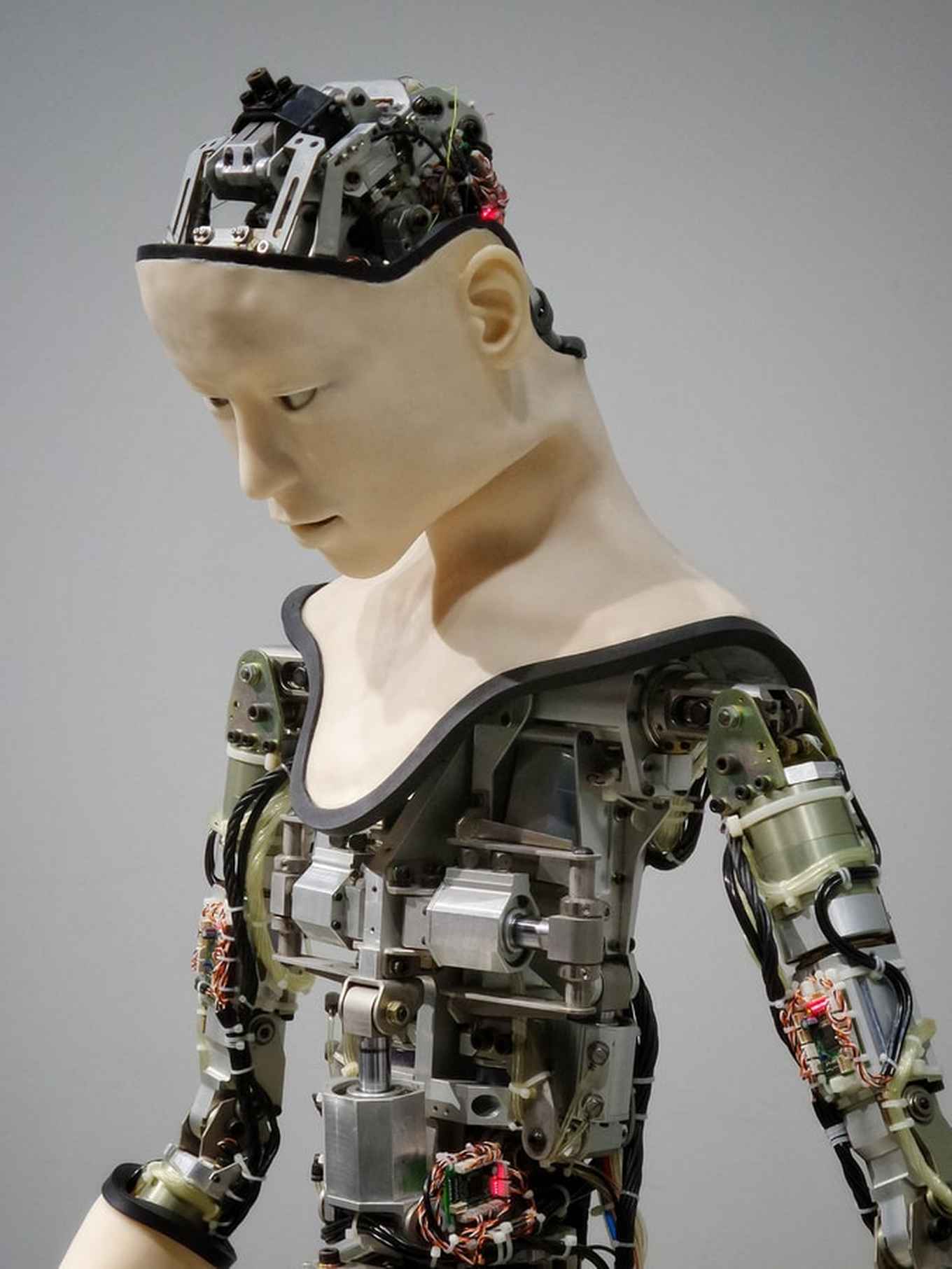Spring School report
6 juli 2021

The aim of the three day Spring School (held on 7th, 8th and 9th April 2021) was to explore the extent to which using Artificial Intelligence in the legal system is compatible with fundamental (public) values to which liberal legal orders are committed, such as equal concern and respect, liberty, transparency, and legitimacy. It focused on investigating legal as well as ethical concerns with the help of distinguished speakers from law, philosophy of technology and ethics: Caspar Chorus, Pim Haselager, Joost Linnemann and Tania Sourdin.
One of the key accomplishments of the workshop was to be able to generate a dialogue focusing on an interdisciplinary approach to the subject of AI in the legal system. This brought forward a breadth of perspectives helpful in approaching this subject. A philosophical inquiry coupled with a law centric approach into an understanding of AI in the legal system paved way for meaningful discussions about concerns regarding ethics, responsibility distribution, discrimination and biases in judicial decision making, implications of decisions made by AI and the issue of commercialisation vs public value, to name a few. Furthermore, the speakers also reviewed the existing legal protection laws in the EU protecting against discrimination by AI along with discussing the scope of improvements in the laws.
In addition to the aforementioned, the workshop explored the various kinds of AI software used in legal systems designed to serve different purposes. The practical use of AI emphasised the advantages and drawbacks of it when used in legal practices. Some of the contributions of AI and technology have been to assist in informing, supporting and advising people involved in judicial practices through remote court hearings, e-forms and so on. However, the evolution of AI and technology also poses challenges which can have far reaching impacts in the adjudicative processes and decisions made by the judge. The ease and accessibility of AI continues to have significant benefits but at the same time it is important to have a detailed comprehension of its functions and the implications of our interaction and engagement with it.
One of the central take aways from the Spring School underscored the need for lawyers to be well equipped with the workings of AI and work together with computer scientists. Similarly, it is pertinent that computer scientists understand the assumptions of law and the rule of law. The proposal is to see the merit of a collaborative effort between lawyers and computer scientists so as to learn from one another and to get a better grasp of the role of AI in legal systems. An in-depth understanding of this subject supported by an interdisciplinary approach to this can present opportunities and possibilities instead of a rejection of AI or a scenario where AI replaces human beings.
Please find a more detailed report here. If this link doesn't work, feel free to contact Ilse Fokkema (i.l.fokkema@uva.nl).